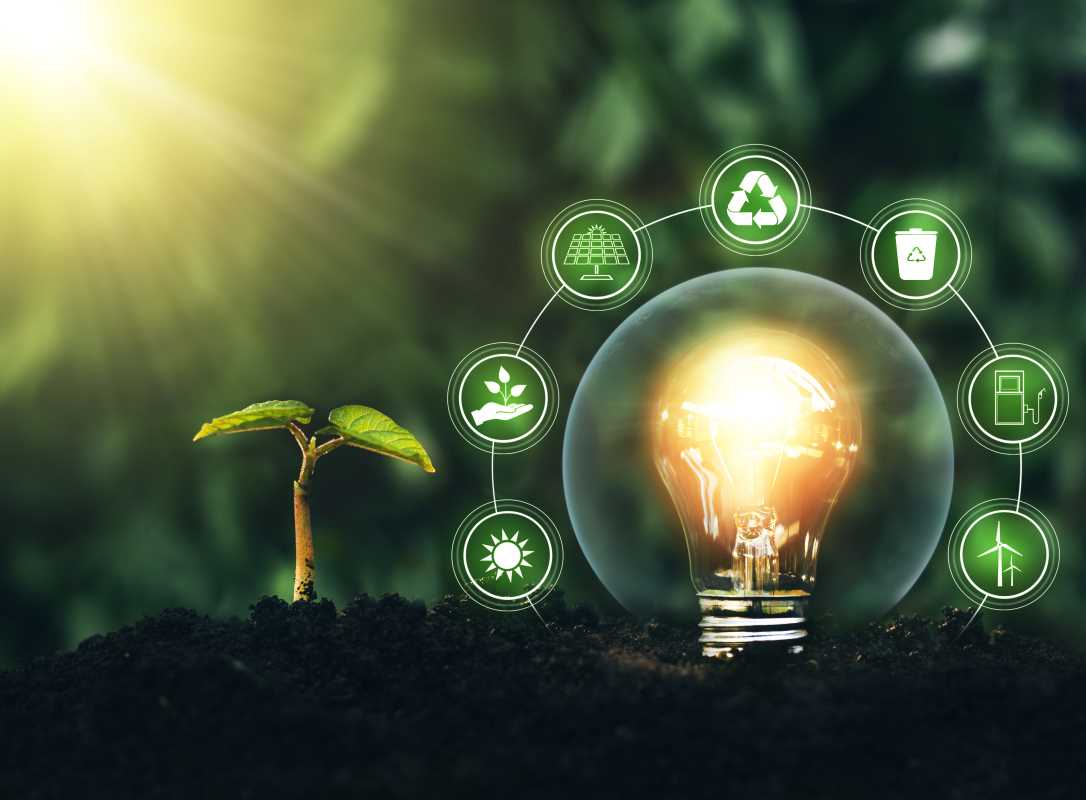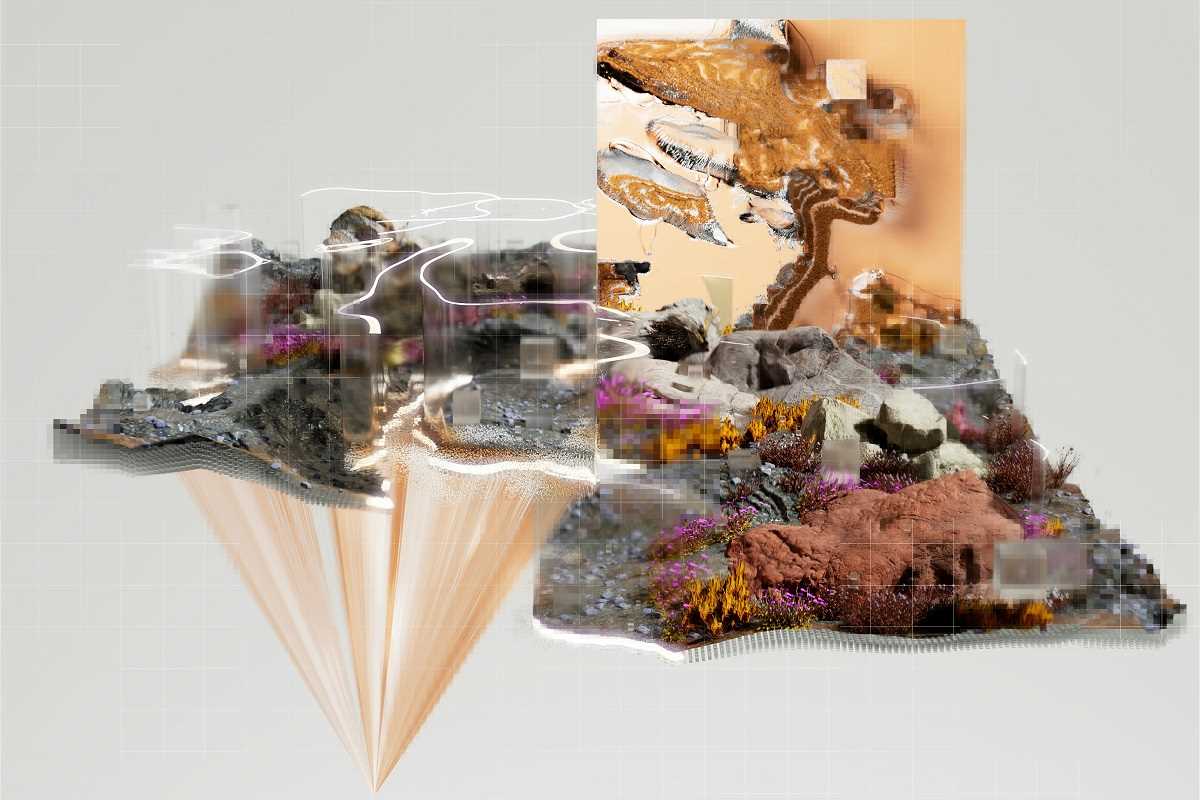When you think of farming, what pops into your mind? Lush green fields stretching endlessly, tractors navigating through the soil, or barns bustling with livestock? These scenes easily represent the traditional face of agriculture. However, beyond these familiar images lies a rapidly evolving, tech-powered transformation in farming that many people still aren’t aware of. Enter smart agriculture–a world where cutting-edge technology meets the timeless art of growing food.
Smart agriculture harnesses advanced tools to make farming more efficient, sustainable, and productive. But it’s doing more than just helping farmers grow crops; it’s opening up doors to entirely new, exciting career opportunities.
Are you wondering why this innovative field is so crucial or what kind of jobs you might find in it? Stick around as we explore the fascinating realm of smart agriculture and the careers shaping its future.
What Is Smart Agriculture?
At its core, smart agriculture, often referred to as precision farming, blends tried-and-true farming methods with advanced technologies like sensors, artificial intelligence (AI), robotics, drones, and big data analytics. It’s a tech revolution for agriculture, giving farmers tools to be smarter and more precise in how they work with nature.
Imagine a drone flying over an expansive crop field, capturing detailed images to monitor plant health and detect early signs of trouble like disease or drought stress. Now picture a farmer opening an app to check real-time soil moisture levels or weather conditions, using that data to decide when to water or fertilize their fields. This is smart agriculture in action.
The brilliance of these technologies lies in their ability to help farmers make decisions based on collected data instead of relying solely on experience or guesswork. The ultimate aim? Growing more food while using fewer resources and leaving a lighter environmental footprint.
Examples in Action
Take smart irrigation systems, for example. Instead of watering crops based on a fixed schedule that might waste water, these systems only deliver the exact amount of water that plants need, conserving water and improving yields. Similarly, AI-powered tools can predict weather changes, helping farmers adjust their schedules to prepare for heavy rains, high winds, or even droughts.
Another fascinating advancement is the use of autonomous tractors and harvesters. These machines can be programmed to plow, seed, or harvest fields with exceptional accuracy, reducing labor costs and ensuring precision farming on a large scale.
Why Smart Agriculture Is a Big Deal
The world is facing two big challenges when it comes to agriculture. First, the global population is increasing rapidly, projected to reach nearly 10 billion by 2050. More mouths to feed mean we need to produce more food than ever before. Second, farming is becoming harder due to climate change, loss of arable land, and dwindling natural resources like water.
Smart agriculture provides a powerful response to these issues, offering innovative ways to grow food sustainably while adapting to changing environmental conditions.
Tackling Climate Change
Climate unpredictability has always been a farmer’s foe, but its effects are becoming more severe and harder to predict. Smart agriculture technologies, such as AI-driven forecasts and data analytics, help farmers prepare for extreme weather events like heatwaves or flooding. By adapting in real time, farmers stand a better chance of minimizing crop losses.
Consider pest control, another major hurdle in agriculture. Traditional pesticide use can be harmful to the environment, posing risks to both soil health and biodiversity. With smart agriculture, farmers can use drones equipped with cameras and sensors to monitor fields for pests. These drones allow for precise pesticide application only where it’s actually needed, reducing chemical usage and environmental impact.
Efficient Use of Resources
One of the standout features of smart farming is its ability to optimize resources like water, seeds, and fertilizers. For instance, precision soil sensors can not only measure moisture levels but also estimate how much fertilizer is needed in specific areas of a field. This pinpoint accuracy prevents waste, saves money, and enhances overall productivity.
All these advancements aren’t just benefiting farmers; they’re creating ripple effects in the global economy, health, and environment, making agriculture an industry of the future.
How Smart Agriculture is Creating Career Opportunities
One of the most exciting aspects of this tech-powered agricultural evolution is the surge of career opportunities it’s driving. Jobs in smart agriculture combine the rich legacy of farming with the forward-thinking skills of technology, attracting a new generation of workers with diverse backgrounds.
Here’s a closer look at some of the roles emerging from this transformation.
1. AgTech Developers
Behind every innovative agricultural app, soil sensor, or robotic tractor is a team of developers designing, coding, and optimizing these tools. AgTech developers specialize in creating technology tailored for farming operations, ranging from simple smartphone interfaces to complex AI algorithms.
For example, companies like FarmLogs have created apps that allow farmers to track field performance, forecast yields, and make informed decisions based on real-time data. Engineers and coders who want to be part of developing such impactful tools are finding a wealth of opportunities in AgTech.
2. Precision Agriculture Specialists
Think of these specialists as the technology translators of farming. Precision agriculture specialists help farmers integrate technology into their daily operations by analyzing data from sensors, drones, and other devices to craft actionable strategies.
A precision agriculture specialist might, for instance, advise a farm on how to adjust its seeding techniques based on soil quality data, ensuring uniform crop growth and higher yields.
3. Robotics Technicians
Farms are increasingly adopting robots for tasks ranging from planting seeds and harvesting crops to even monitoring livestock’s health. Robotics technicians play a vital role in maintaining, repairing, and refining these machines.
Imagine robots equipped with AI that can adapt to changes in terrain or crops without human intervention. These advancements are creating a steady demand for specialists who understand both mechanics and programming.
4. Environmental Analysts
With the growing emphasis on sustainability, smart agriculture has led to a rise in roles aimed at studying and minimizing the environmental impact of farming methods. Environmental analysts assess factors like soil degradation, water usage, and greenhouse gas emissions while recommending sustainable practices.
For instance, experts developing carbon farming practices–systems that capture and store CO2 within the soil–are helping farmers actively combat climate change.
5. Drone Operators
Gone are the days when drones were exclusive to military or recreational uses. Today, they’re a crucial part of farming, from conducting aerial surveys to pinpointing stressed crops. Drone operators often work directly with farmers or organizations to carry out scanning missions and even precisely deliver fertilizers or pesticides.
This role combines technology, hands-on work, and a knack for careful planning.
6. Agri-Data Scientists
Data is the backbone of smart agriculture, and agri-data scientists are the experts who analyze it. Their analysis uncovers trends, explains anomalies, and guides better decision-making across farms of all sizes.
For example, a data scientist might develop predictive models that estimate how changes in temperature and rainfall will affect crop yields over the next 20 years.
Who’s Hiring for These Roles?
Surprisingly, many of the employers seeking talent in smart agriculture aren’t traditional farms. The field is so interdisciplinary that companies from a wide range of industries are stepping in to support its growth.
Major tech firms like IBM, Microsoft, and Google are supporting AgTech initiatives by developing advanced AI models tailored for agriculture. Established agricultural companies like John Deere and Bayer are leading the charge with groundbreaking innovations.
Meanwhile, countless startups are dedicating themselves solely to this niche, creating crop-monitoring drones, app-based farm management tools, and other precision technologies. Government programs and environmental organizations are also hiring specialists to promote sustainable agricultural practices on a broader scale.
How to Start a Career in Smart Agriculture
Entering this field doesn’t mean you have to own a pair of overalls or come from a farming family. Smart agriculture is multidisciplinary, opening doors for professionals from diverse educational and career backgrounds.
Here’s how to begin your journey in this exciting space:
- Study the Basics
- Start by gaining a foundational understanding of both agriculture and technology. Universities are increasingly offering courses tailored to AgTech, from agricultural engineering to AI in farming.
- Focus on STEM
- Fields like environmental science, computer engineering, and data analytics are at the heart of AgTech innovation. Whether you’re in high school or a seasoned professional trying to pivot, building expertise in STEM-related subjects can set you apart.
- Get Hands-On Experience
- Internships with AgTech companies or organizations focused on sustainable farming can quickly familiarize you with the tools and challenges this industry is facing.
- Network and Learn
- Follow AgTech blogs, attend conferences, and connect with like-minded professionals to stay updated on current trends and future opportunities.
Gone are the days when farming was seen as a low-tech, traditional profession. Today, smart agriculture is reshaping the industry, merging the best of nature and technology to address the most pressing global challenges. From feeding a growing population and battling climate change to creating sustainable careers, the potential of this field is enormous.
 (Image via
(Image via





